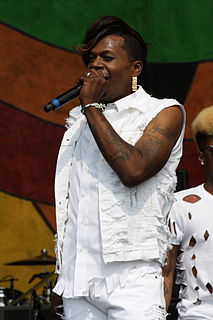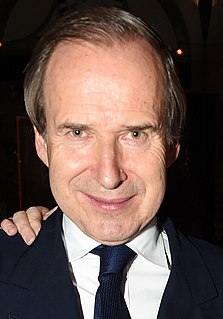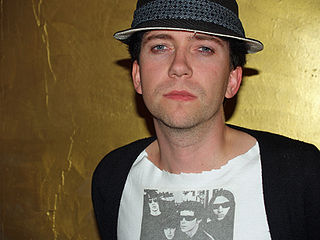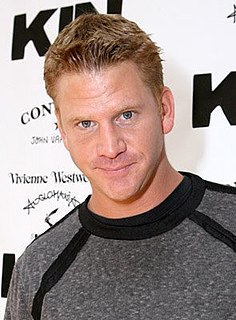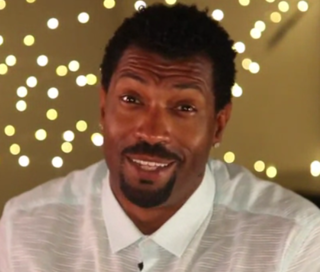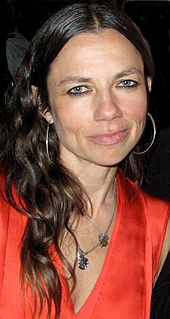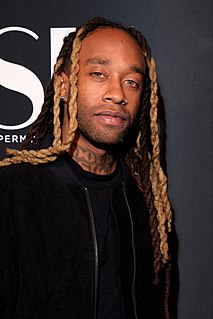A Quote by Michael Socha
I should have lived through the '80s, not been born in it. My style is a mix of hip-hop and '80s casual.
Related Quotes
The key moments in your life are when you realize how exciting music can be, like when you hear Nevermind for the first time. I grew up in the '70s and '80s. I was introduced to hip-hop when it first came out. Hip-hop music will always be my first love. That's why I love playing the drums. Any day of the week, I would rather listen to a hip-hop album than a rock album.
Somewhere down the line, the evil ones stole the legacy of hip hop and flipped it to a corporate type of hip hop. They decided to tell everybody 'Well, this is what hip hop is,' instead of coming back to the pioneers and getting the true definition of what hip hop is and what it was and what we been pushing for all these years.
To me, that's the biggest problem with hip-hop today is the fact that everyone believes that all of hip-hop is rap music, and that, when you say "hip-hop," it's synonymous with rap. That when you say "hip-hop," you should be thinking about breakdancing, graffiti art, or MCing - which is the proper name for rap - DJing, beat-boxing, language, fashion, knowledge, trade. You should be thinking about a culture when you say, "hip-hop.".
I've got all of the old school vinyls from the '70s - even further back, like the jazz music in the '40s, '50s, '60s. Then I've got all the '80s stuff underground, hip-hop when hip-hop really first started. The '90s stuff. All of the good stuff, because I'm really into music, and it helps me create new songs now.

